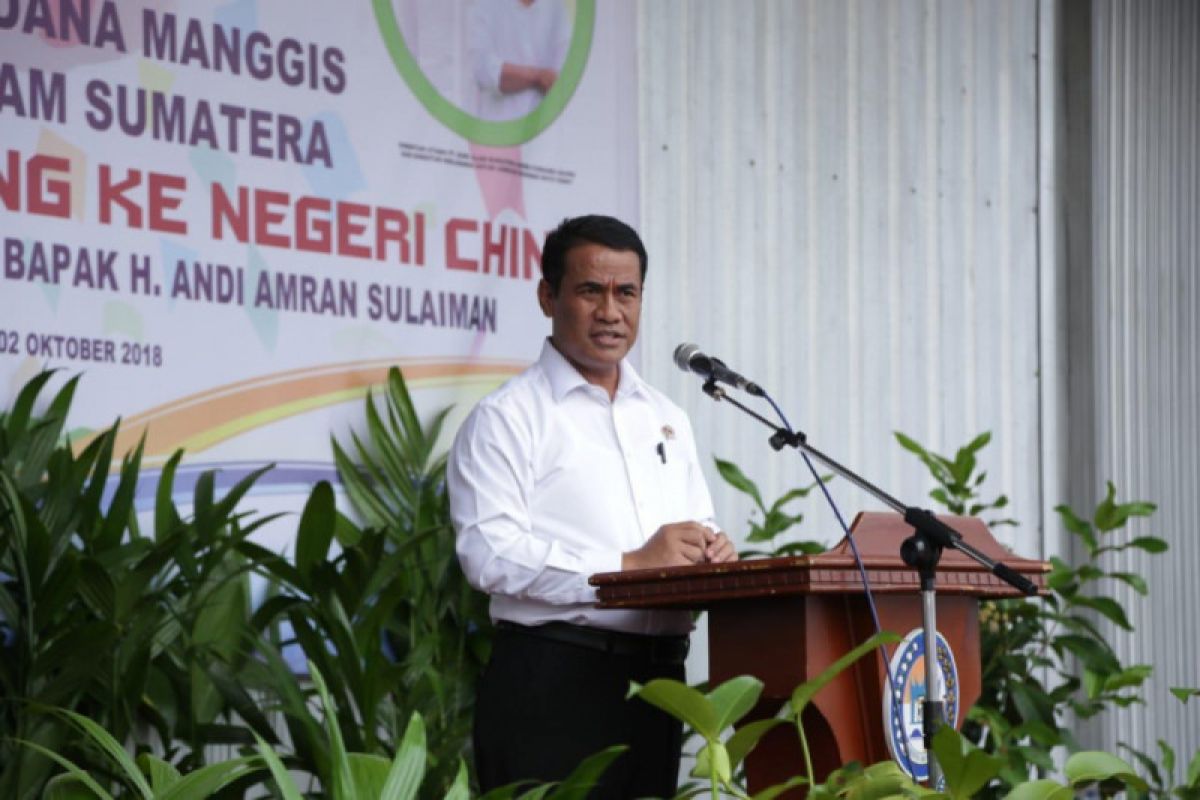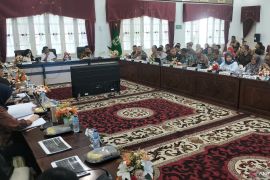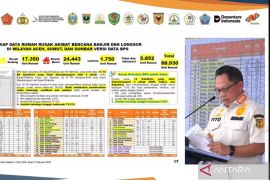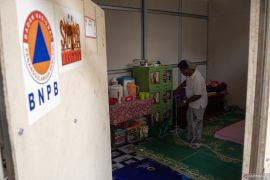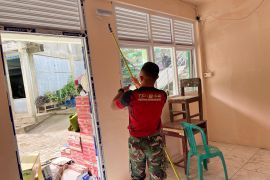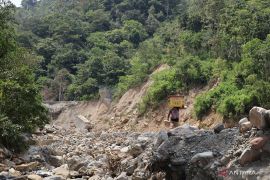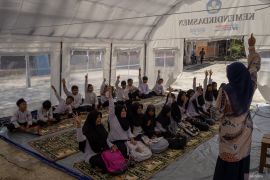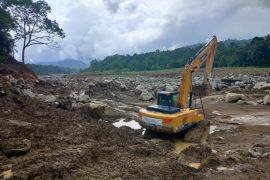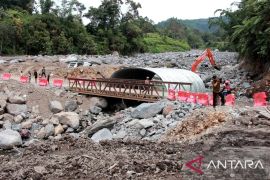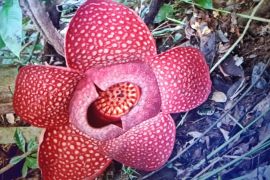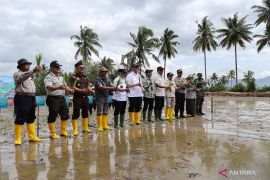Mangosteen production in West Sumatra in 2017 reached 34,422 tons or 21 percent of the national production of 161,751 tons, the minister said when releasing the province`s mangosteen exports to China in Padang, West Sumatra, on Tuesday (Oct 2).
West Sumatra is the second largest mangosteen producer in Indonesia, after West Java whose production was 42,122 tons or 26 percent of the national production, he said.
Sumatran mangosteen production in 2017 reached 65,372 tons or 40 percent of national production. For 2018, mangosteen production is projected to reach 166,725 tons, up three percent from 2017.
With the additional export from West Sumatra, mangosteen export in 2018 is projected to reach 60 thousand tons, up five times the exports in 2017 recorded at only 9,167 tons.
This export represents 38 percent of the total national mangosteen production of 166,725 tons in 2018.
The minister said for the first time ever, there was West Sumatra businessman exporting mangosteen and hoped other regions will follow suit.
Today we prove, thanks to the technological advancements we have produced ourselves, we increase export of horticultural commodities to various countries," he said.
Amran stressed that Indonesia`s agricultural potential is very large to provide sovereign food without imports. Mangosteen production centers in Indonesia are spread from Sumatra to West Nusa Tenggara.
"Therefore, we call for a massive export and investment movement to improve national economic growth. The agricultural sector is one of the biggest contributors to economic growth," he said.
Based on data from the Central Bureau of Statistics (BPS), agricultural exports were worth Rp442 trillion in 2017, up 24 percent compared to 2016.
The addition of 2017 agricultural trade balance has a surplus of Rp214 trillion. Exports of fresh horticultural commodities from January to July 2018 amounted to Rp1.3 trillion, up 60.5 percent over the same period in 2017 which was only Rp0.76 trillion.
Director General of Horticulture of the Ministry of Agriculture Suwandi added that the mangosteen export process is not short.
The mangosteen export process must go through a series of activities starting from preparing plantation, registration, building packaging houses, to arranging export permits.
According to him, the export of mangosteen to China is the impact of the closer relations between the two countries. China has decided to reopen its market for Indonesian mangosteen after it stopped importing the commodity for four years.
"The reopening of mangosteen exports to China was marked by the signing of the mangosteen protocol by the two countries` Quarantine Agency on December 11, 2017, followed by the maiden export of 1 ton of mangosteen in January 2018," explained Kelvin.
It was noted, based on BPS data, mangosteen exports to China in 2012 reached 8,200 tons with a market share of 18.84 percent. This made China the largest market for Indonesian mangosteen.
"Therefore, to increase investment and exports, including encouraging the export of mangosteen from West Sumatra, the Ministry of Agriculture provides various facilities for investment, fostering the quality of farmers` products, assisting in the registration of plantations, standard packaging houses, quarantine services and others for export," explained Kelvin.
Deputy Governor of West Sumatra Nasrul Abit responded to the Ministry of Agriculture`s seriousness through the Directorate of Horticulture to make mangosteen the country`s leading tropical commodity.
Nasrul assessed that this matter must be seriously followed up by the regional government as a policy maker at the regional level.
Nasrul elaborated, his party has determined eight regencies/ cities as mangosteen areas.
The eight regions are Limapuluh Kota Regency, Tanah Datar, South Solok, South Pesisir, Sijunjung, Padang Pariaman, Agam, and Padang Ciy.
This step is reinforced by the Governor`s Decree Number 521.305.2013dated March 26, 2013 concerning the Establishment of Food Crops and Horticulture Agriculture Areas.
Reporting by Miko Elfisha
Editing by Eliswan, Suharto
Reporter: Antara
Editor: Sri Haryati
Copyright © ANTARA 2018
